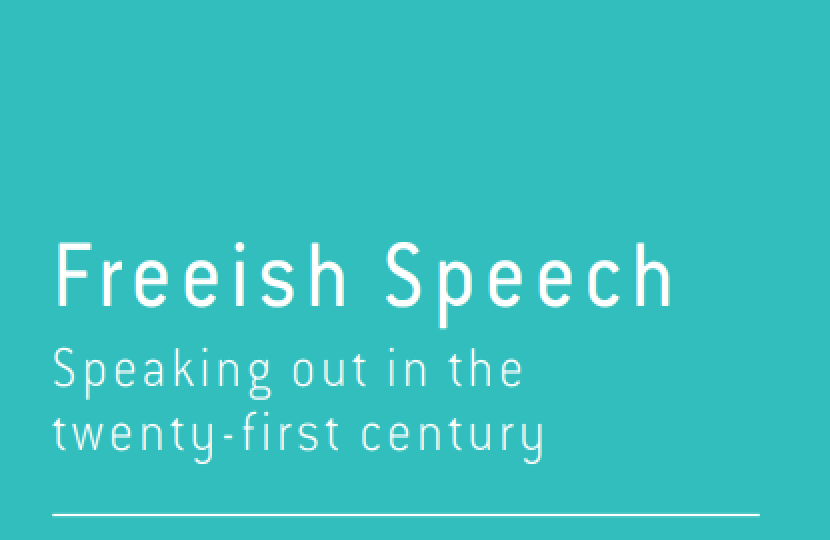
My views on freedom of expression were formed growing up in a country where speech was suppressed, often violently, and sometimes by the state. I recall the mood and riots following the state-sanctioned unlawful killing of Ken Saro-Wiwa, which resulted in Nigeria’s suspension from the Commonwealth, in 1995 just a year before I moved to the UK. I can also remember the exact moment I knew I wouldn’t return to live in Nigeria. It was 2002, and a young journalist called Isioma Daniel had received death threats after writing an article criticising protests about the Miss World competition that was being hosted in the country. She had glibly written that had Mohammed been alive, he’d have been more likely to pick a wife from among the contestants than to complain about their presence. Outrage, mob demonstrations, and a fatwa later, Daniel was living in exile in Europe, unable to return. The story is largely forgotten, but, at the time, I was struck by how easily that could have been me: I thought to myself, “This would never happen in the UK. Do I want to live in a country where I’ll get death threats for being irreverent?”.
16 years later, however, I notice similar trends here in the UK and other Western countries. Thankfully, not regarding state violence, but rather the virtual lynch mobs that are congregating to intimidate people of all walks of life, and in particular those who hold strong political opinions.
Open the PDF linked at the bottom of this page to read my full essay on free speech including:
- What’s happening here and now?
- Haven’t we been here before?
- What’s the solution?
- What will happen if we do nothing?
This report was originally published by Freer, a project by the think tank the Institute of Economic Affairs




